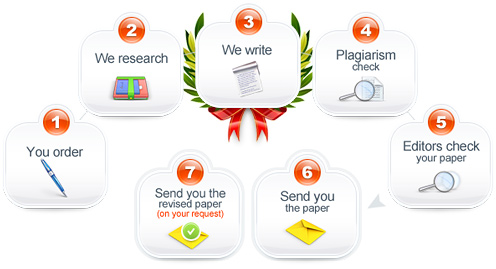Foundations of Culture: A 41/2—61/2-page script that includes a 1-page personal diversity iceberg graphic. This Assessment requires the submission of one (1) document that includes your TEDx script.
Instructions
Before submitting your Assessment, carefully review the rubric. This is the same rubric the assessor will use to evaluate your submission, and it provides detailed criteria describing how to achieve or master the Competency. Many students find that understanding the requirements of the Assessment and the rubric criteria help them direct their focus and use their time most productively.

Access the following to complete this Assessment:
Self-Assessment
Assessment: TEDx Talk: What Does Culture Look Like in Real Life?
For this Performance Task Assessment, you have been asked to present a TEDx Talk in your local community on the topic “What Does Culture Look Like in Real Life?” You’re excited about this possibility because, as an expert in intercultural communication, you believe strongly that to be an effective intercultural communicator, you need to understand culture by examining your own personal culture and cultural identity. You have suggested that your presentation will define culture, share the complexity of culture through diversity icebergs and a mini cultural autobiography, and discuss the complexities of cultural identities.
The people at TEDx are thrilled with your ideas! Here are the guidelines they have sent back for your script:
Part 1: What Is Culture?
Drawing on definitions of culture from quality resources, share your definition of culture as a complex concept. (1/2 page)
Analyze your personal culture.
Explain what a diversity iceberg is and how diversity icebergs relate to personal cultures (1–2 pages)
Create a personal example of a diversity iceberg, and fill in both “above water” and “below water” dimensions with your own cultural characteristics as follows:
5 highly visible characteristics of your personal culture that people would notice very quickly if you were spending time with them.
10 less visible or not visible characteristics of your personal culture people wouldn’t immediately notice.
Note: Please scan and submit your diversity iceberg with your script so that it becomes part of your TEDx presentation.
Based on the characteristics you included in your diversity iceberg, write a mini cultural autobiography explaining who you are in terms of the complexity of your personal culture. (1 page)
Part 2: Who Am I? What Is My Cultural Identity?
Based on results from completing the Self-Awareness: Becoming Aware of Your Own Worldview self-assessment, analyze and share your cultural identity, i.e., who you are as a cultural being whose life has been impacted by a wide variety of influences. In the script for your presentation, include the following: (2–3 pages)
Summarize your responses to Exercise #1 with regard to specific demographic, historical, and ethnic/cultural background information.
Analyze your worldview as represented by your responses to Exercise #2.
Analyze your multiple identities related to various aspects of culture—gender, age, religion, ethnicity, socioeconomic status, profession, national origin, educational level, etc.—based on your responses to Exercise #3.
Explain what you learned about your cultural identity as grounded in your racial, ethnic, and socioeconomic background and your memories of your relationships to various groups based on your responses to Exercise #4.
Analyze your current cultural identity based on what you learned about yourself, your culture, and how you have grown from your responses to Exercises #5 and #6.
Foundations of Culture Related posts:
- Foundations of Motivation- Prepare a 5–6 page paper (excluding the title page and references), on how organizational culture impacts nursing leadership and how you will effectively address the organizational culture.
- Theoretical Foundations of Advanced Nursing – Florence Nightingale: Modern Nursing
- Oncology and Palliative Nurses Burnout
- Foundations of Change Management Taxonomy
- HINT 211 Week 4-Midterm Project 2015 (Healthcare Management Foundations)
- C155 Pathopharmacological Foundations for Advanced Nursing Practice
- Transition Care versus Handover Communication
- Ethical issues of health care reform include moral foundations, cost containment, public health, access to care, ED crowding, and end-of-life issues
- Competencies: Foundations of Humanities – The graduate assesses the development of humans through the study of key concepts, disciplines, and primary influences of the humanities
- Differences in research approaches for mixed methods, qualitative, and quantitative research designs
- Foundations and Essentials in Nursing 3A
- Foundations and Essentials in Nursing Module 5

